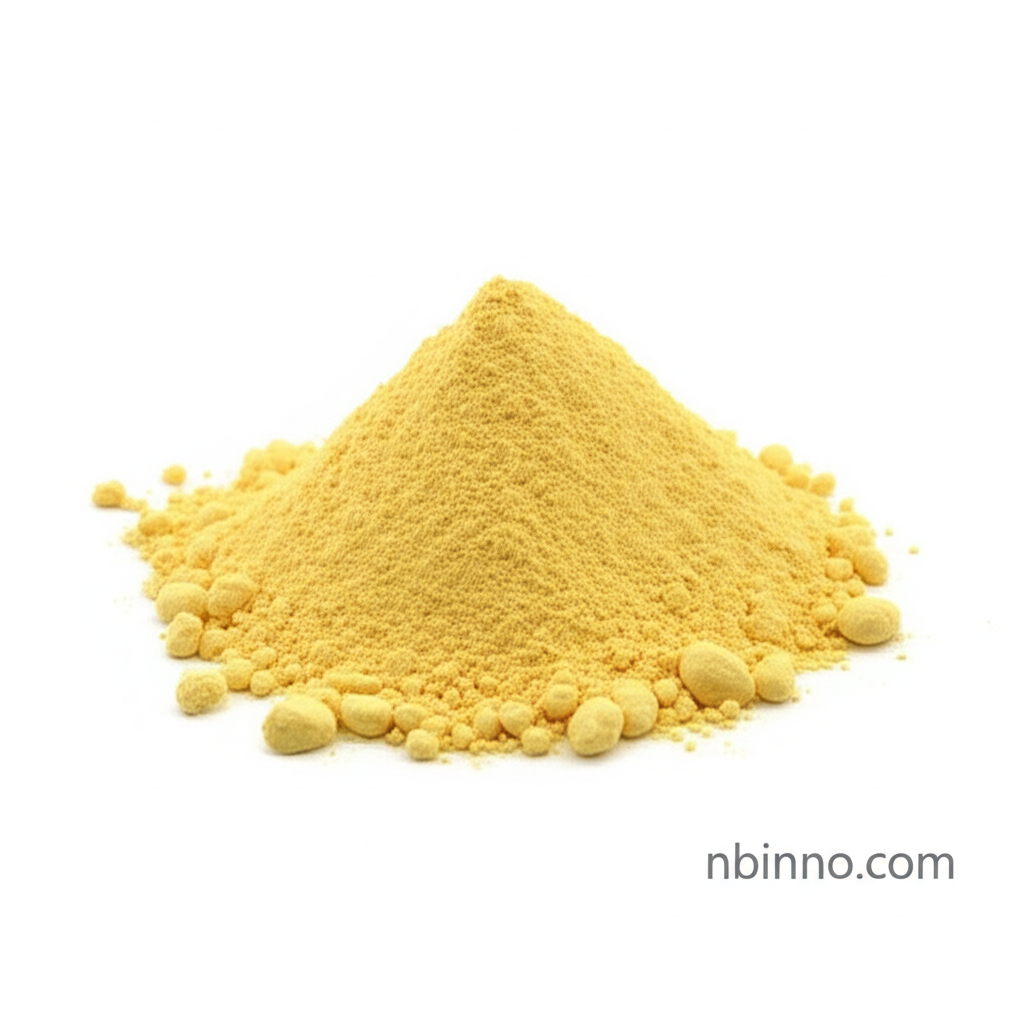2,4,6-Trihydroxy-1,3,5-Benzenetricarbaldehyde: A Versatile Building Block for Advanced Materials and Pharmaceuticals
Explore the chemical intricacies and diverse applications of this key aromatic aldehyde.
Get a Quote & SampleProduct Core Value

2,4,6-Trihydroxy-1,3,5-benzenetricarbaldehyde
This compound is a highly functionalized and symmetrical building block, essential for advanced chemical synthesis. Its trifunctional nature makes it a crucial component in the creation of sophisticated materials and novel pharmaceutical intermediates.
- Discover the power of covalent organic frameworks construction with this key monomer, enabling groundbreaking applications in gas storage and catalysis.
- Leverage its potential as a pharmaceutical precursor, understanding its role in developing new drug delivery systems for anti-cancer agents.
- Explore its utility as a fluorescent biological marker for advanced cellular studies and tracking within biological environments.
- Utilize this versatile organic synthesis intermediate in the development of functional polymers with tailored material science properties.
Benefits Delivered
Enhanced Material Properties
The symmetrical structure of this reactive aromatic aldehyde allows for precise control over molecular architecture, leading to materials with enhanced porosity and functionality, crucial for applications in gas capture and separation.
Accelerated Drug Discovery
As a vital pharmaceutical intermediate, its use in developing drug delivery systems can significantly improve the bioavailability and targeted delivery of anti-cancer agents, speeding up the drug discovery process.
Advanced Scientific Research
Its application as a fluorescent biological marker aids researchers in visualizing and tracking cellular processes, providing critical data for biological studies and advancing our understanding of cellular mechanisms.
Key Applications
Covalent Organic Frameworks (COFs) Synthesis
This chemical building block is fundamental for constructing COFs, porous materials with extensive applications in catalysis and gas storage, showcasing its importance in advanced material design.
Pharmaceutical Intermediate
Its role as a key pharmaceutical intermediate highlights its significance in the synthesis of active pharmaceutical ingredients and the development of novel drug formulations.
Material Science Innovation
In materials science, it serves as a precursor for functional polymers, enabling the creation of materials with unique properties for sensors, catalysts, and other high-tech applications.
Biological and Medical Research
The compound's fluorescent properties and reactivity make it valuable in biological studies for imaging and tracking, and as a precursor in medicinal chemistry for potential therapeutic agents.
